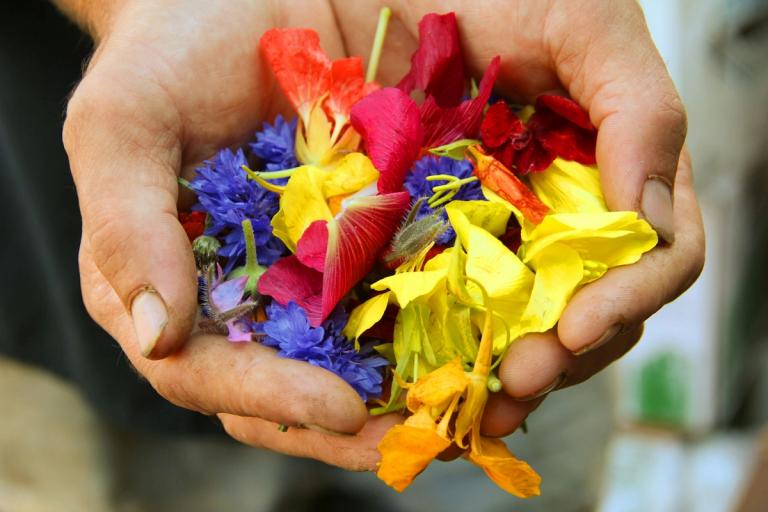Try a little kindness this World Kindness Month

Over the last month, I’ve been holding interviews with a number of healthcare workers, to hear about what gets in the way of being well, doing well, having a sustainable career, and thriving outside of work - enjoying our ‘real lives’.
There are some pretty hefty challenges being shared!
Here are some of the most common themes that have popped up:
- Feeling isolated (understandable in private practice but many of you are feeling this way in teams too)
- Overthinking, worrying about dropping the ball
- Struggling to keep up with work demands
- Procrastinating and feeling stuck
- Feeling like an imposter and a perfectionist
- Pressure from systems
- Internal pressure
- Wanting to take steps towards prioritising your needs, knowing the steps, but just not being able to take them (always putting others first)
- Difficulties resting and separating from work
It's not a surprise but it is a lot.
And whilst a refreshed, revitalised healthcare system would be wonderful, a whole lot of care and kindness, both to ourselves (self compassion) as well as others, can go a long way too.
What is self compassion and why is it important?

As researcher Kristin Neff identifies, self compassion has three main components:
- Self-kindness vs self-judgment
- Common humanity vs isolation
- Mindfulness vs over-identification
Self compassion involves self-acceptance and turning towards ourselves with kindness to develop:
- an ability to notice suffering
- be kind and caring in response
- an acceptance that imperfect ion or experiencing suffering is a universal part of being human – we are not alone.
Further, a practice of self compassion reduces cortisol (a key hormone involved in the stress response) and increases oxytocin (the hormone and neuropeptide largely responsible for developing connection and helps us to feel good).
When we are in a self-compassionate state we are open to our present needs and experiences.
We are able to respond to ourselves and those around us with what we need.
This is us at our best: connected to ourselves and open to others.
It sounds simple but, as we know, it is not always easy.
There are small ways that we can be kind to ourselves and each other.
Here are some ideas:
- When you catch yourself overthinking and worrying about things in the middle of the night, consider how you might respond to a friend
- Practice random acts of kindness for yourself
- Let yourself take a 5 minute break
- Notice when you do something well: celebrate the small wins
- Talk to yourself from the perspective of your older, wiser, kinder self
- Finish work on time
- Take that walk you've been thinking of
- Plan some time with a friend
- Check out the Gathering of Kindness (on November 11 - 15)
What other things can you think of?

If you’re a mental health professional who struggles to be kind to yourself and you relate to any of the following statements below, I’d love to interview you for 30 minutes as part of my market research process:
- you feel isolated in your work
- you are prone to overthinking
- you love your job but feel physically and emotionally exhausted by it
- this is all starting to take a toll and you’d like to take practical steps to change
I'm hoping these interviews will help me to identify where the gaps are and to help me to tailor the content of my services to best understand and serve the needs of healthcare workers and organisations next year.
If you'd like to make a time to chat, please see if there is a time that suits you here.
If you don't see a time that suits, please reach out and we can work something out.
Take care,
Minky
Header image: Chris Ensey